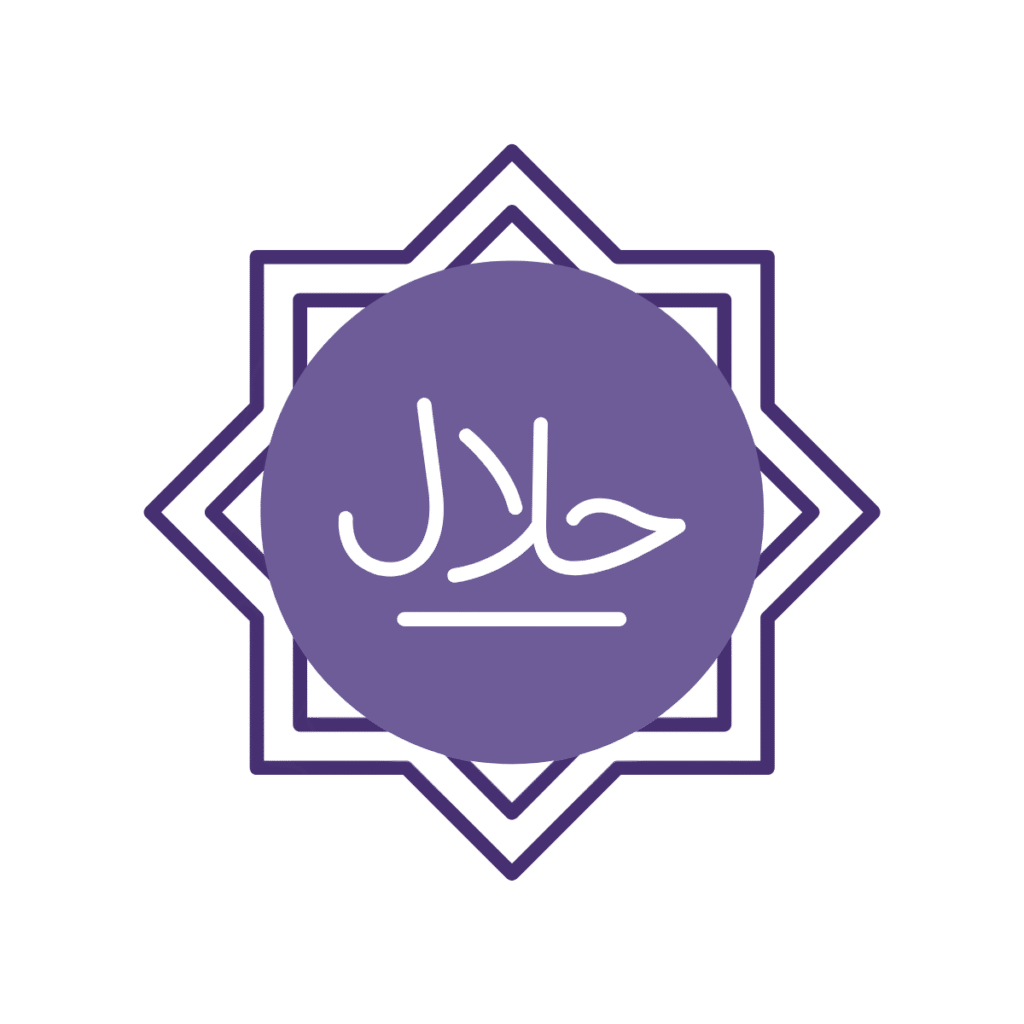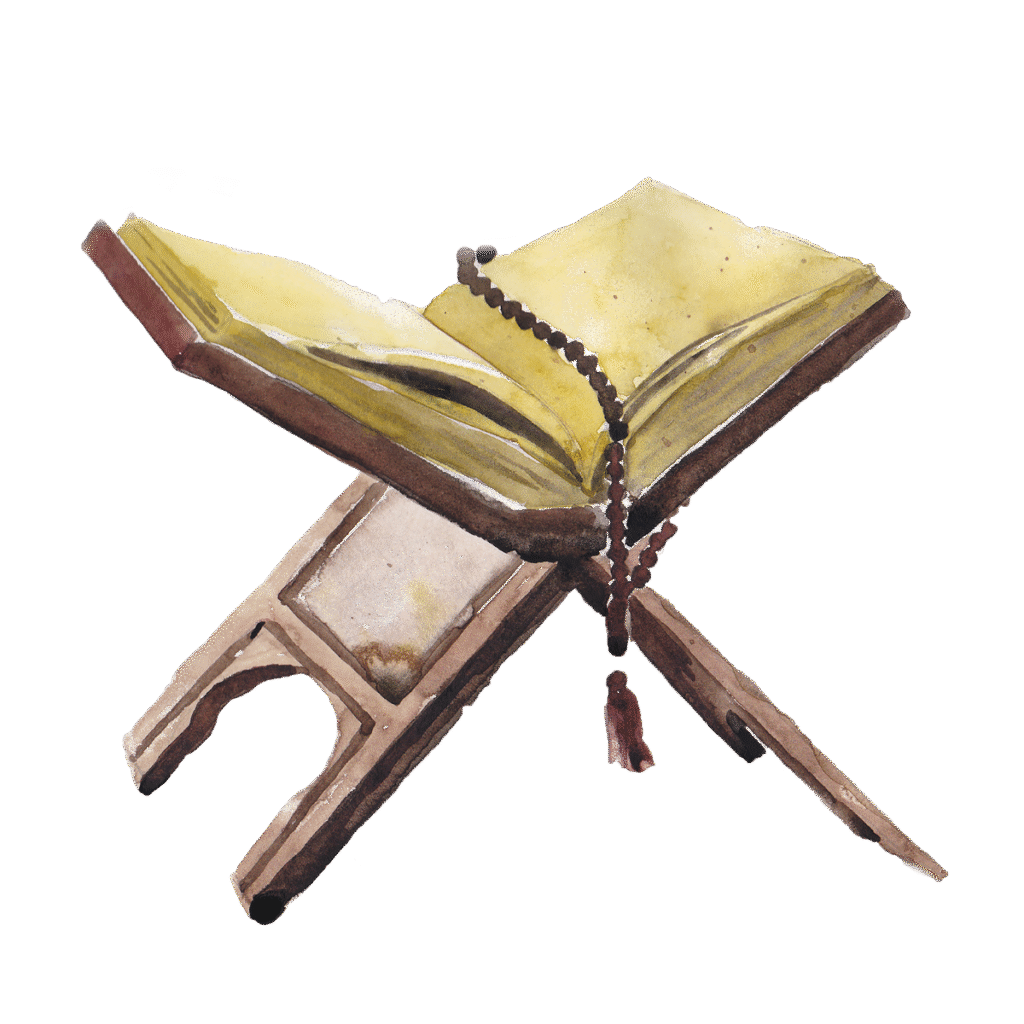Dua (supplication) is one of the most beautiful and intimate acts of worship. It’s your personal conversation with Allah, where you can ask for anything—guidance, help, strength, or forgiveness—and trust that He listens. Allah is always near, always ready to answer, and always aware of your needs.
The Importance of Dua
Dua is not only for times of hardship; it’s a way to build a closer relationship with Allah. Whether you’re facing challenges or feeling grateful, dua allows you to express your heart’s desires and seek Allah’s mercy and support.
The Prophet Muhammad (peace be upon him) said:
“Dua is the essence of worship.” (Sunan al-Tirmidhi)
This shows how powerful dua is—it’s a direct connection to Allah. Through it, you not only seek what you need but also reaffirm your trust in Allah’s plan for you.
Video Resources (highly recommended):
How to Make Dua
- Start with Praise for Allah: Begin by praising Allah, acknowledging His greatness and mercy. This helps set the tone of gratitude and respect.
- Face the Qiblah and Raise Your Hands: While it is not obligatory to raise your hands, it is a Sunnah (commendable practice) that increases the closeness to Allah.
- Ask for What You Need: Be sincere in what you ask. Allah knows what’s in your heart, but speaking it out loud shows your trust and dependence on Him.
- Make Dua for Others: The Prophet (peace be upon him) said: “When a Muslim supplicates for his brother in his absence, the angels say: ‘Ameen, and for you the same.'” (Sahih Muslim) Make dua not only for yourself but also for others, as your prayers for others are answered too.
- Be Persistent: Don’t give up on your duas. Keep asking, keep trusting, and know that Allah listens to every word, even if the answer comes in ways you don’t expect.
An Important Note on Dua
Dua, or supplication, is one of the most profound ways in which we can connect with Allah. A lot of the time, we see dua as a means to ask for things from Allah; whether that is relief from hardship, more blessings, protection from the hellfire etc.
But dua is not just about asking for things; it’s about building a relationship, seeking guidance, and expressing our deepest feelings. Through dua, we acknowledge our dependence on Allah and submit to His will, but it’s also an opportunity to reflect on the importance of our bond with Him. The act of making dua is not solely about the answers we receive; it’s about the way we draw closer to Allah and develop a deeper understanding of His mercy, wisdom, and presence in our lives.
Often, we approach dua with a transactional mindset, focusing on what we need or desire. We might turn to Allah in times of difficulty or when seeking something for ourselves or our loved ones. Hardship will come your way, regardless of how much you remember Allah. This life is a test after all, one that we cannot avoid no matter what we do. It is the purpose of our existence.
Surah Al-Baqarah (2:155):“And We will surely test you with something of fear and hunger and a loss of wealth and lives and fruits. But give good tidings to the patient.”
Many times, Muslims will see worship and dua as a means to only relieve them of their hardships and to ask for their desires, but the problem with that is, if you only view worship and dua as the remedy for tragedy and means to get what you want, when the relief or your desires don’t immediately come to you, it can damage your relationship with Allah.
Truly, the problem lies in how we view dua and the purpose that it serves, or even further, how we view Allah and our relationship with Him. Let’s take a moment to reflect. Think about how it would feel if you treated someone in your life that way—only reaching out to them when you need something, then completely forgetting them when things are going well. And what if that person, the one you depend on, was the very one responsible for making things good for you again?
That realisation shifted my personal perspective. It made me understand that treating Allah this way is not just neglectful; it’s disrespectful. Imagine, He is your Creator, the one who has blessed you with everything you have and everything you ever will have. Yet, sometimes, we treat Him like a wish list. (I’m not judging you if this is your mindset; I’m guilty of this type of thinking too and have had to shift my perspective.)
What I came to realize is that many of us tend to treat our relationship with Allah as a transactional one—based on our needs. We see Him as a resource to turn to when we’re in trouble, and once the hardship passes, we neglect Him. The problem here is that we’re viewing Him as a tool for solving our problems, instead of recognizing Him as a friend, a true friend who loves us more than we could imagine. Allah is not just a resource or a tool to help us through difficult times; He is our Creator, the one who gave us everything we have, and the one who will continue to sustain us. He deserves to be remembered, especially when things are good.
The act of dua should come from a place of love, gratitude, and connection. Allah is not just there to solve our problems; He is there to guide us, to love us, and to help us grow. And just as we would invest effort into building a close relationship with anyone else we care about, so too should we invest in our relationship with Allah. We’ll meet Him one day, and that bond should be built on love and sincerity, not just on what we need. The deeper the bond, the less likely you are to turn away when things are going well.
When we view Allah as a true friend and confidant, someone who cares about every detail of our lives, we begin to approach dua differently. We don’t just make dua out of obligation or to check off a list of needs. Instead, we make dua because we cherish the time we spend with Allah. We talk to Him about our day, the challenges we face, our aspirations, our joys, and our struggles. We express our gratitude for His blessings, and we seek His guidance in everything we do.
When I shifted my mindset, something changed. In fact, everything did. The way I viewed all my religious obligations and even Allah himself. Now, during my good times, I remember Allah first. Before I celebrate any success, I thank Him. I show my gratitude and excitement to Him. And when I pray, I don’t rush through my duas. I sit there and talk to Allah as if I’m talking to a friend—sharing the highs and lows of my day, expressing my struggles and joys.
All relationships require effort, and our bond with Allah is no exception. It’s easy to neglect someone when we only turn to them in times of need. But when we build a relationship rooted in love, gratitude, and sincere connection, we become more aware of Allah’s presence in all aspects of our lives. We are less likely to turn away from Him when things are good because we see Him as more than just a problem-solver. We see Him as the source of all that is good, and we want to nurture and strengthen that relationship every day.
So, in your moments of joy, make dua. In your moments of struggle, make dua. But don’t just make dua when you need something. Talk to Allah because you love Him, because you cherish His guidance, and because you know that no matter where you are in life—whether in times of hardship or ease—He is always there, always listening, and always ready to help. If you view Allah as a friend, he will be your friend.
“I am as My servant thinks I am. I am with him when he remembers Me. If he remembers Me to himself, I remember him to Myself; and if he remembers Me in a gathering, I remember him in a gathering better than it.” (Sahih al-Bukhari 7405, Sahih Muslim 2675)
May we all get to meet with Allah after we die, as His beloved friends with so much genuine and sincere love in our hearts, for Him. 🤍



